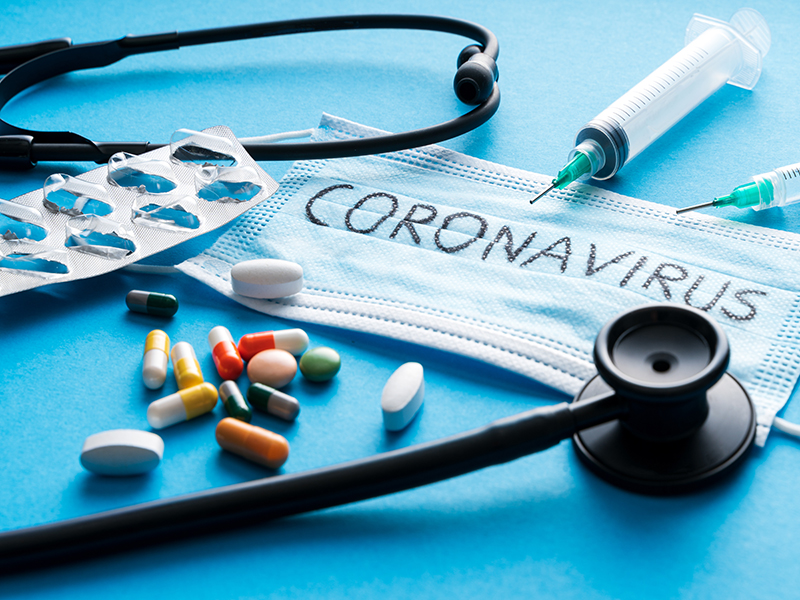Could a cancer drug spare hospital patients from the ravages of severe COVID-19?
Yale doctors think it can after giving the medication, known as tocilizumab, to severely ill patients back in March.
How does tocilizumab work? It has a long history of dampening the life-threatening immune system reactions cancer patients often experience while undergoing treatment. Since the same kind of dangerous response develops in many COVID-19 cases, the researchers thought the drug might make a difference for the sickest patients.
The result — while preliminary — appears to be a dramatically lower death rate among patients placed on mechanical ventilators.
How much lower? Among the first 239 COVID-19 patients treated at Yale New Haven Hospital, in Connecticut, during the early weeks of the pandemic, 153 were treated with tocilizumab, including all 48 patients who had been placed on ventilators. “Instead of survival rates of 10% to 50% reported elsewhere, it was 75% in [ventilated] patients treated with tocilizumab,” said study author Dr. Christina Price, Yale’s chief of clinical allergy and clinical immunology.
In addition, among those seriously ill patients who ultimately survived COVID-19, tocilizumab appears to have significantly shortened overall ventilation time. While hospitals around the country were having to keep patients hooked up for between 12 to 14 days, ventilations at Yale typically lasted only about five days.
How tocilizumab works against COVID-19
What accounts for its apparent success against COVID-19?
It all originates in the threat posed by a deadly immune system phenomenon known as “cytokine release syndrome” (CRS), an out-of-control inflammatory response that the virus triggers in some patients.
CRS is “when the body’s response to fighting the virus goes so unchecked it ends up being harmful, damaging the liver, the kidney, the lungs. You need an immune response. You can’t totally shut it down completely. But you can’t let it get out of control, which is what can happen to cancer patients undergoing treatment. And to COVID patients,” Price said.
The problem? “There were no [U.S. Food and Drug Administration]-approved medications for COVID in March,” she stressed.

